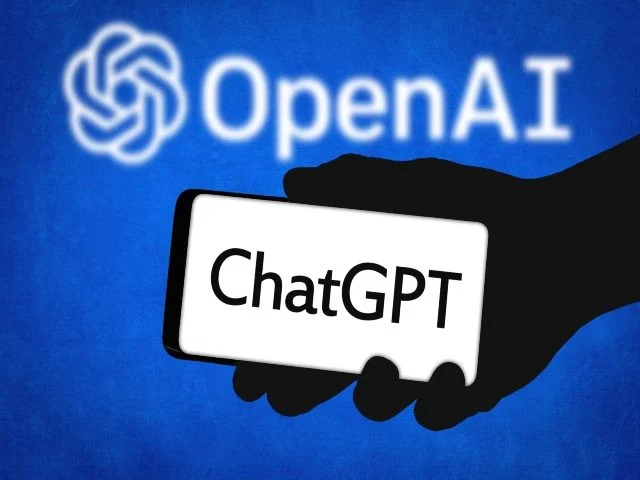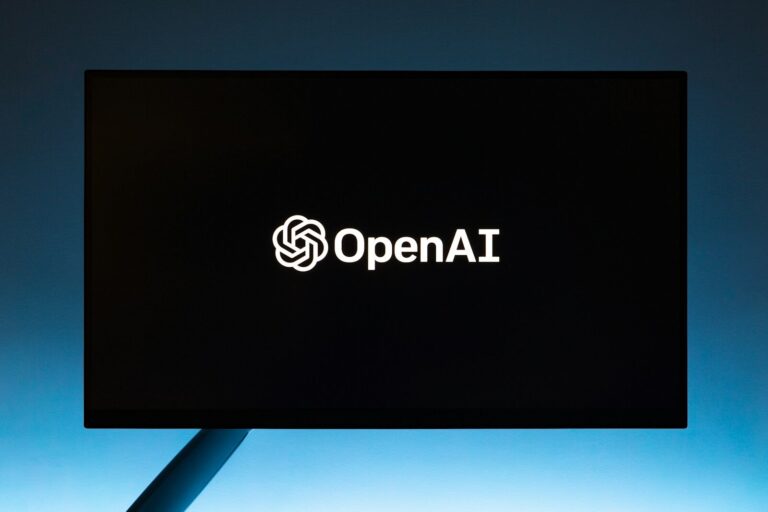AI will significantly alter almost all tech employment; reskilling is required according to Cisco, Google, and Microsoft.

According to recent research, the expansion of AI will cause the vast majority (92%) of ICT-related employment to undergo moderate to high alterations during the next few years.
According to a report by the AI-Enabled ICT Workforce Consortium, which is headed by Cisco and includes companies like SAP, Microsoft, and IBM among its members, roles in business management and software development, with predicted evolution rates of 61% and 48%, respectively, may be particularly impacted by the changes.
In response to the emergence of new technologies, it has been suggested that foundational skills like data analytics, AI literacy, and prompt engineering are essential. Additionally, it has been suggested that more traditional roles will become obsolete as the importance of skills like AI ethics, LLM architecture, and agile methodologies rises.
Employer Obligations
Many businesses have made the commitment to provide employees with basic ICT skills training in response to the quickly evolving digital landscape. Grow with Google’s founder Lisa Gevelber attests to this.
Every worker must be able to gain from AI. Our shared goal of giving all workers the AI skills they need to succeed in today’s and tomorrow’s jobs is something we are delighted to support with the Consortium’s new study.
Cisco has committed to providing cybersecurity and digital skills training to 25 million individuals by the year 2032. By 2030, IBM and Intel each pledged to assist 30 million individuals with digital and AI capabilities, respectively.
Google has also announced over $130 million in funding to support AI training and skills for workers across the US, Europe, Africa, Latin America and APAC.
“AI represents a never-before-seen opportunity for technology to benefit humankind in every way, and we have to act intentionally to make sure populations don’t get left behind,” said Francine Katsoudas, Chief People, Policy & Purpose Officer, Cisco, and founding member of the AI-Enabled ICT Workforce Consortium. “By investing in a long-term roadmap for an inclusive workforce, we can help everyone participate and thrive in the era of AI.”







